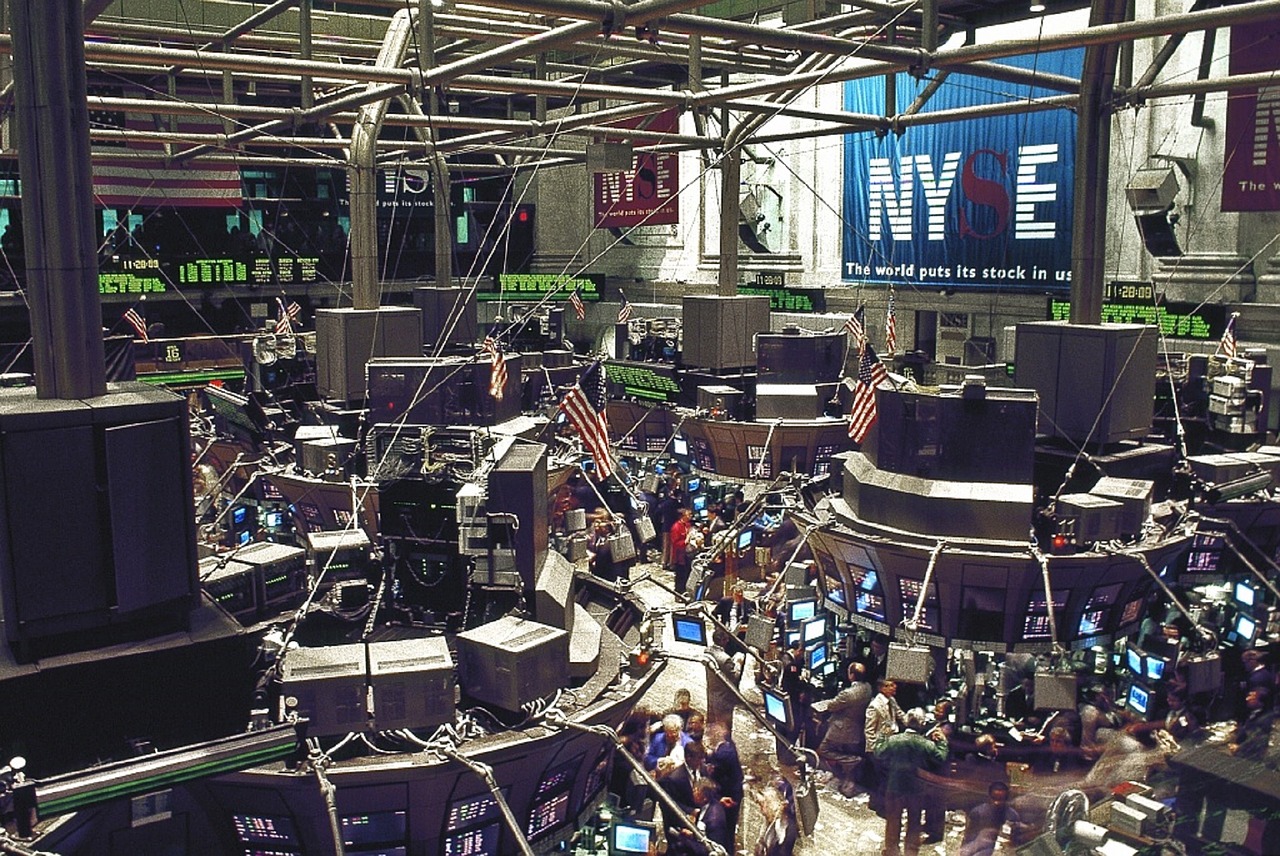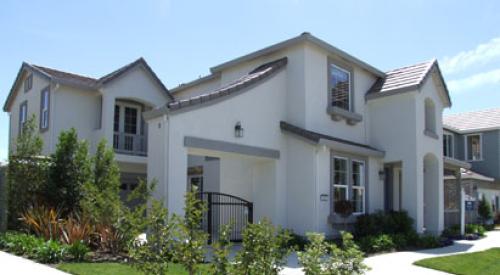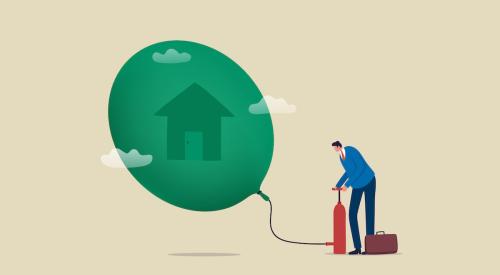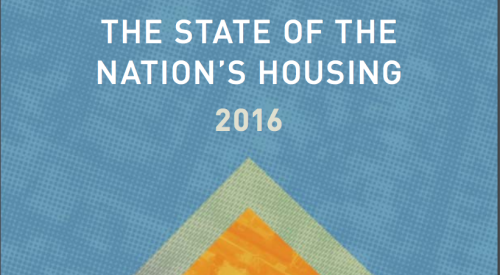The recent volatility of the stock market has a lot of people thinking about corrections, crashes, and bubbles. Technically, a correction is defined as a 10 percent decrease in stock values over a period of time—days, weeks, or months—from their annual peak; a crash is a loss of 10 percent or more in a matter of days. As I write this in mid-February, financial experts are calling the market declines of the past few weeks a correction (Image: Skeeze via Pixabay).
There have been 10 stock market corrections in the past 20 years, but only two of them continued on to become bear markets. Those corrections, in 2000 and 2007, went on to ultimately sustain market losses of 49 and 57 percent respectively. These two occurrences are undoubtedly where the current talk of bubbles comes from. The 2000 correction had, as its precipitating event, the dot-com bust and in 2007, the blame was laid at the feet of the housing bubble.
The bursting of the housing bubble affected almost everyone in the U.S. in one way or another, and many have not yet fully recovered. It’s still very fresh in people’s minds and that may be why a number of articles have been written lately that hint at the possibility of a new housing bubble. While bubbles typically are defined as assets that sustain a large and rapid increase in value that is unwarranted by the asset’s fundamentals, most of these articles focus only on the current escalating prices of homes, and not on the underlying reasons for the price increases. It’s true, home prices have made tremendous gains in the past few years and are nearly 40 percent higher than their long-term average. But unlike the bubble in the mid-2000s, they are the result not of exuberance and speculation but rather the shortage of inventory and low mortgage rates.
If anything, it is more likely that the stock market will adversely affect the housing market rather than the reverse. All of the Baby Boomers will hit the age of 65 by 2030; the first wave has already retired and many more are making plans to do so. Major inroads on their stock-heavy retirement plans, however, are unquestionably making them think about conservation of resources instead of spending. Conventional wisdom had them moving to new locations, but currently it seems that the trend is toward staying put and remodeling. A recent Harvard Joint Center for Housing Studies survey revealed that 80 percent of Boomers own homes and two-thirds of those homeowners are expressing a desire to age in place, preferring to stay close to friends, family, and their communities. Increases in mortgage rates could also make it harder than ever for first-time and entry-level home shoppers to take the plunge and buy. According to Bloomberg.com, monthly mortgage costs would increase by 12 percent if rates rise from 4 to 5 percent, while disposable income has increased just 1.9 percent.
That said, rising rents may make even an expensive monthly mortgage payment look more attractive than a rental with no possibility of return on investment. An analysis in January of rent data by rental search firm RentCafé shows that only 12 of the country’s 250 largest cities experienced a decrease in average rents year over year. In a study by Trulia, median rents across the country increased by an average of 3.1 percent in 2017 alone.
But before renters can start buying, builders will have to undertake a market correction of their own and start building smaller, no-frills homes that first-timers can afford. The number of homes for sale in the bottom one-third of the market has been falling for several years. In early February, a CNBC story about a hundred or so area renters who showed up to tour a home for sale in Denver got a lot of play, with some observers looking at it as evidence of a bubble. Interviews with some of the people who toured the house told a different tale: It was just one of the only three-bedroom homes on the market in Denver for under $500,000.













